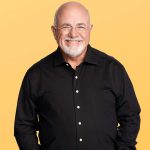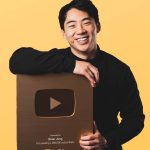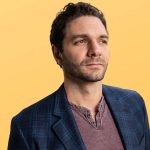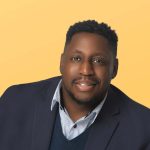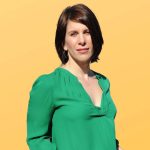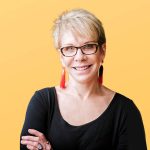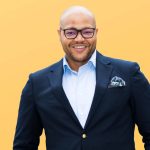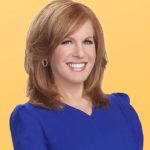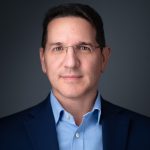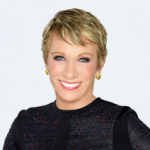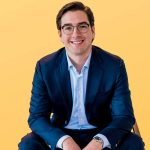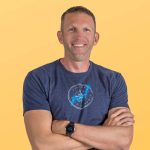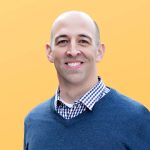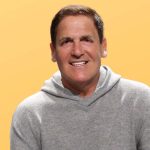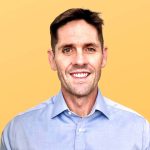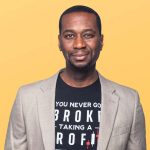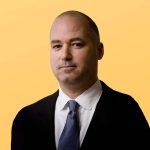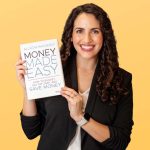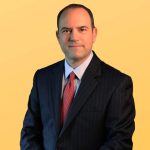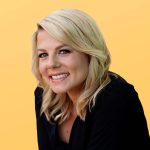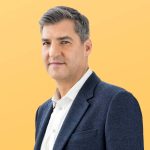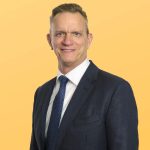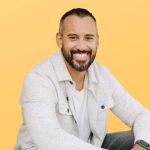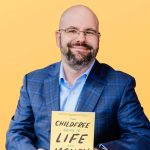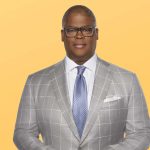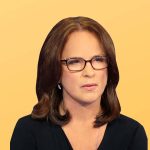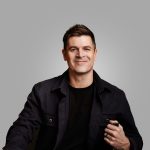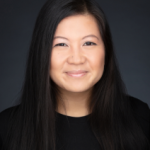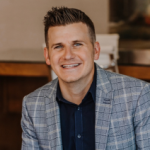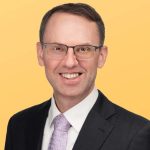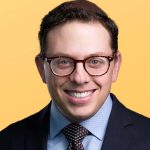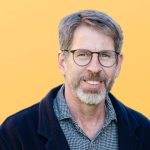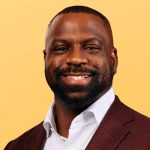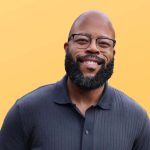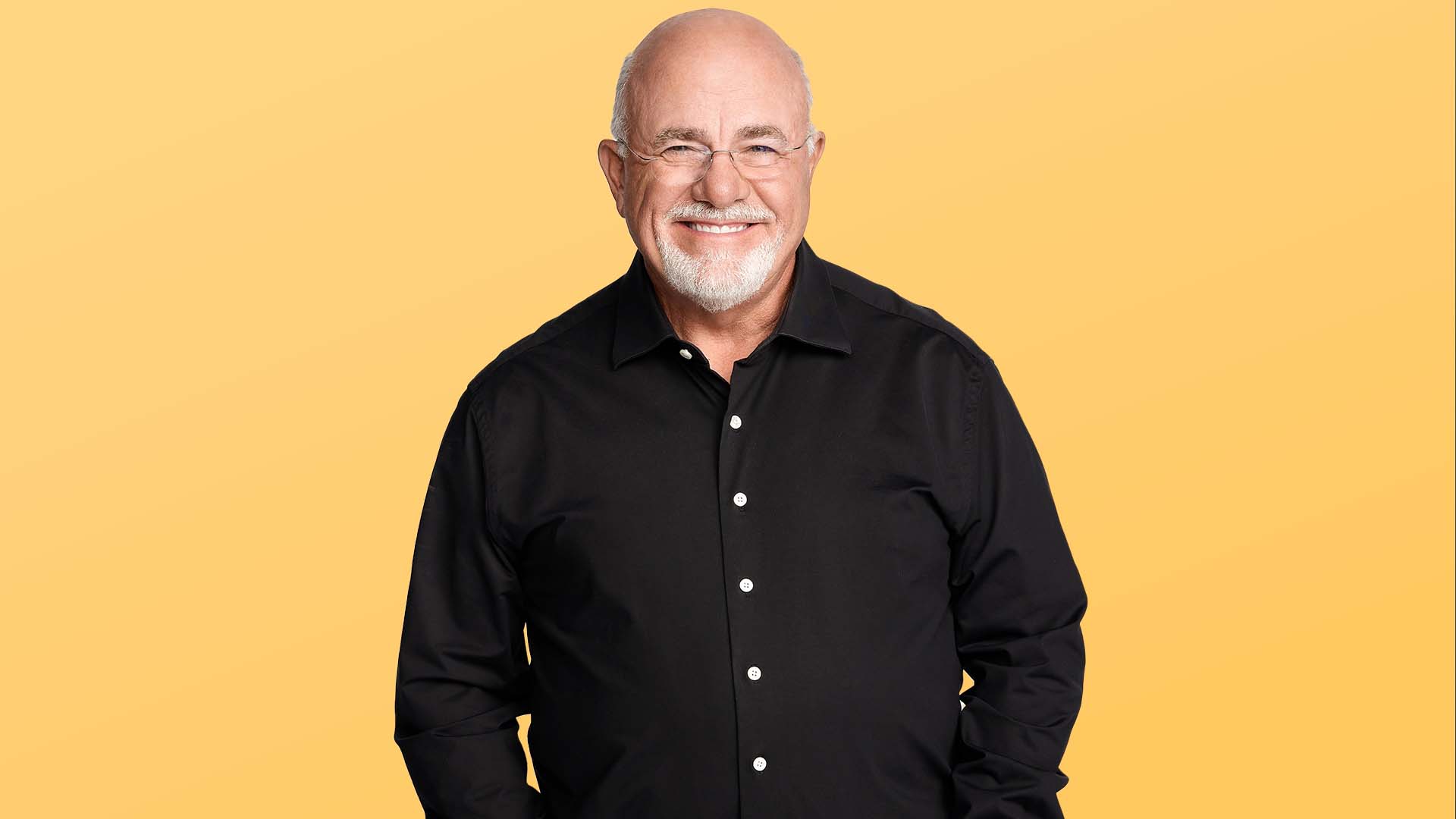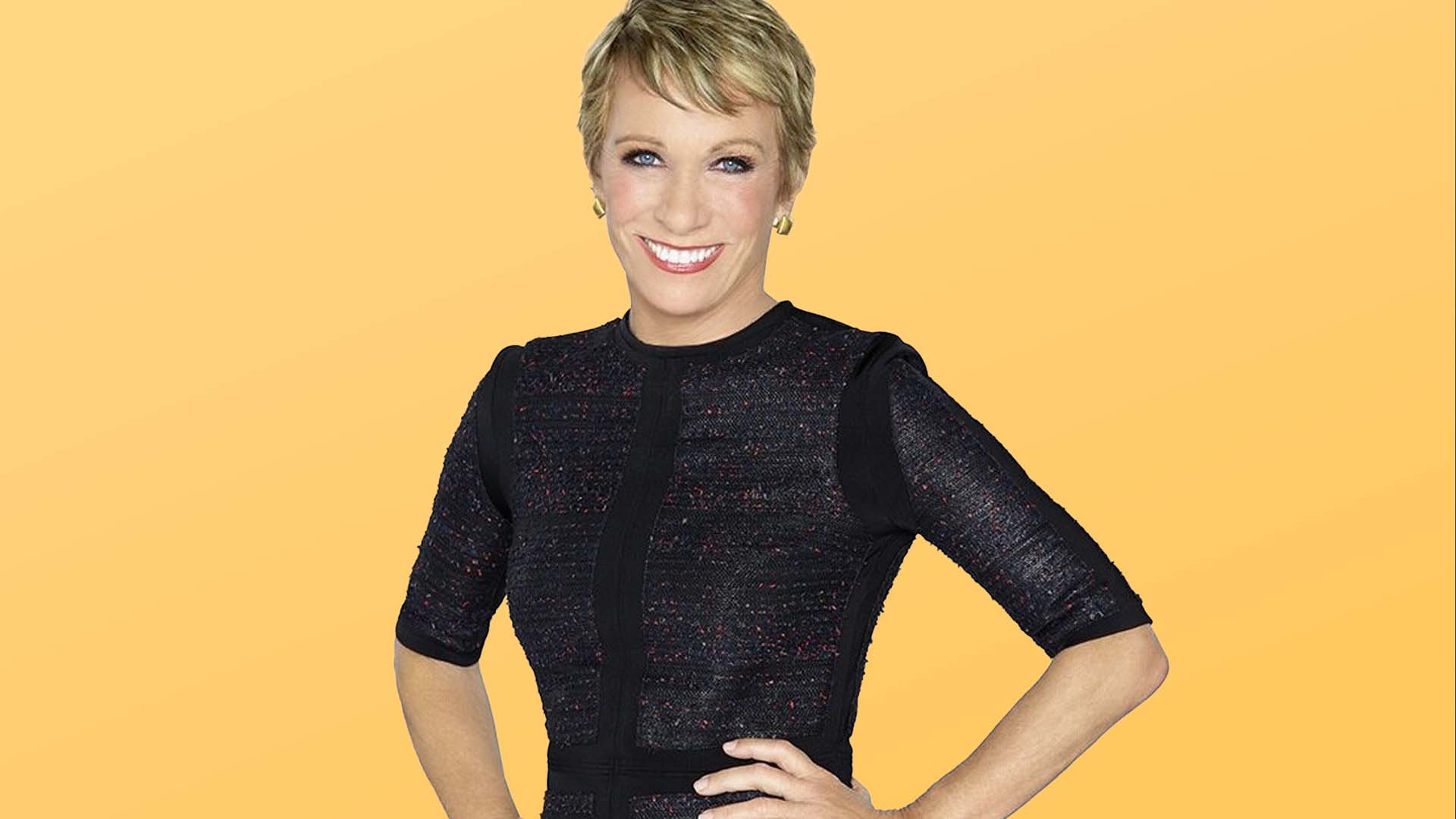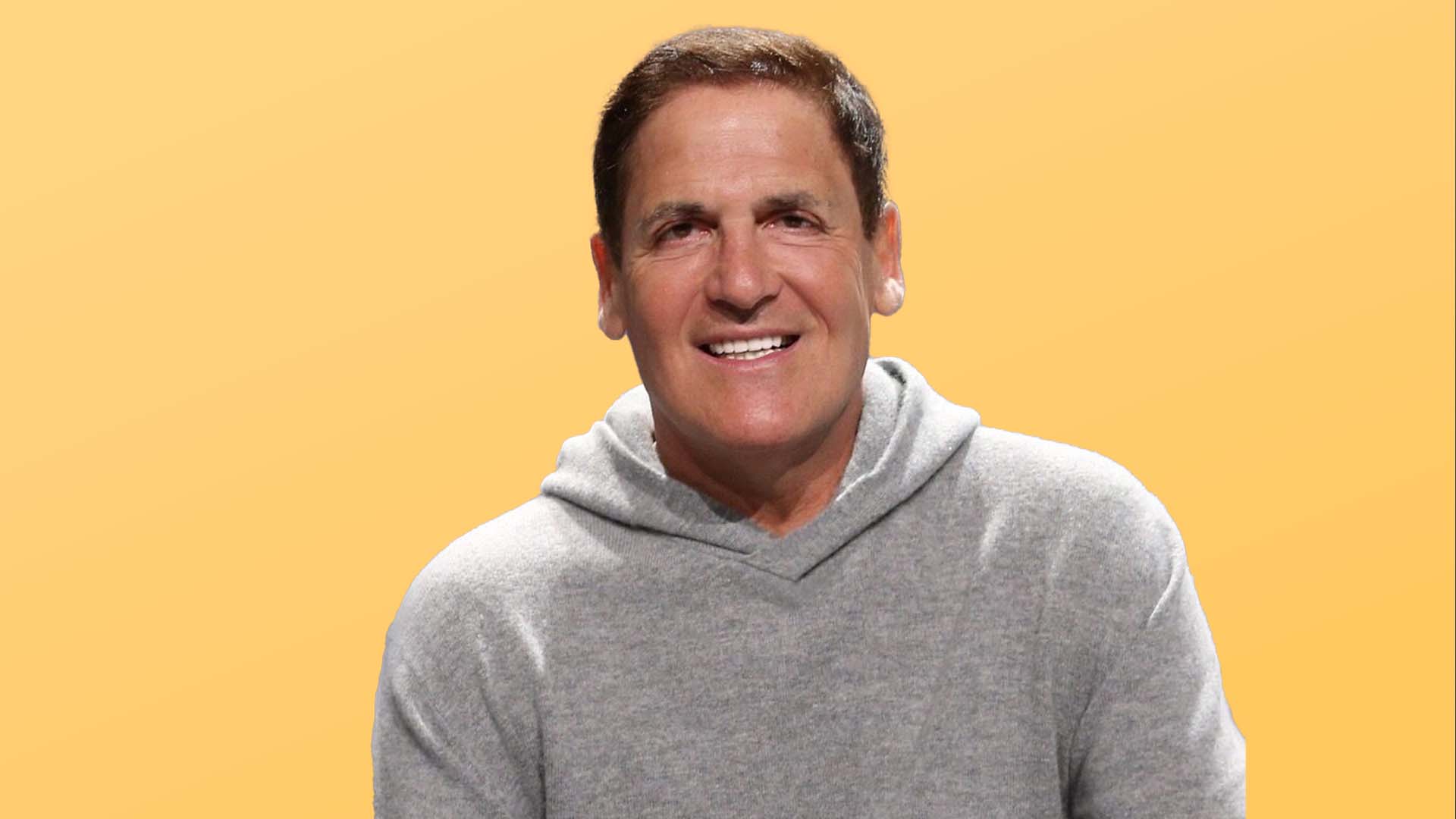Here’s Why It Takes More Than Hard Work To Get Rich, According to Kevin O’Leary

Commitment to Our Readers
GOBankingRates' editorial team is committed to bringing you unbiased reviews and information. We use data-driven methodologies to evaluate financial products and services - our reviews and ratings are not influenced by advertisers. You can read more about our editorial guidelines and our products and services review methodology.

20 Years
Helping You Live Richer

Reviewed
by Experts

Trusted by
Millions of Readers
The “Mr. Wonderful” of“Shark Tank” fame knows a thing or two about wealth. After founding SoftKey (later The Learning Company) and selling it to Mattel for $4.2 billion in 1999, Kevin O’Leary has built his career around identifying what separates wealth builders from hard workers. His answer is simple: ownership.
“You only have so many hours in the working day,” O’Leary explained. “If you’re getting a salary, there’s nothing wrong with that, but that’s it. You’re going to get your salary, pay your taxes and live your life, but you’re not building any long-term value other than advancing your career.”
Why Equity Creates Leverage That Salaries Can’t Match
For O’Leary, the math is straightforward. Whether you work 18 hours a day as an employee or entrepreneur, you’re putting in the same effort. The difference lies in what you’re building.
“The intrinsic value isn’t the salary you’re taking out — it’s the value of the company: the brand, the products, the customer base,” he said. “Over time, what you started becomes extremely valuable, not because you were an employee, but because you built a company with a product or service that hundreds of thousands or even millions of people use.”
This philosophy has played out countless times on “Shark Tank”, where O’Leary has watched entrepreneurs transform simple ideas into multimillion-dollar exits. The key ingredient isn’t just hard work — it’s ownership of that work’s output.
“It’s very hard to do that as an employee because you don’t get the same leverage that equity provides,” O’Leary shared. “That’s what has made America work for over 200 years.”
The Small Business Engine Driving American Wealth
O’Leary highlights a surprising statistic: 70% of job creation comes from businesses with between five and 500 employees. These aren’t massive corporations. They’re the smaller,“Shark Tank”-style companies built by entrepreneurs who identified problems and created solutions.
“These are people with ideas to solve problems who built businesses worth trillions of dollars,” he said. “That’s why I believe if you’re going to spend 18 hours a day working, work for yourself.”
Overcoming the Fear That Stops Most People
Owning a business has many advantages, but O’Leary understands why most people never take the leap. As a former executive fellow at Harvard, he has studied what holds people back.
“The biggest barrier to entrepreneurship is the fear of failure,” he explained. “People worry they’re going to try something and fail. But that should never stop you from trying, because you’re going to fail three or four times — you only need to be successful once.”
It’s a mantra that echoes throughout “Shark Tank” episodes: “You only need to be successful once.” This philosophy acknowledges that entrepreneurship isn’t about avoiding failure — it’s about persisting through it.
“It’s risky, and it’s always easier to start when you’re younger, in your 20s, because you have less overhead, maybe no mortgage yet, no kids,” O’Leary admitted. “But people do start businesses at all ages. It’s a mindset — a founder’s mindset.”
Starting Without Capital: The Universal Challenge
One of the most common objections O’Leary hears is that people don’t have the cash to make their entrepreneurial dreams happen. He’s not buying it.
“No one starts with money. Everybody starts with nothing,” he says. “It’s always the same friends and family scraping together a few thousand dollars.”
The real challenge isn’t finding money; it’s proving your idea deserves it. O’Leary recommends testing products with strangers, not supportive friends and family, who may buy out of loyalty rather than genuine need or interest.
“Go out and sell your product to people you don’t know,” he shared. “Ask yourself if this is a great product that solves a problem. There’s no easy way to do it.”
The Problem-Solution Framework for Wealth Building
Before you can solve a problem, you need to know exactly what’s broken and how you’re uniquely qualified to deliver the fix.
“A lot of people come on ‘Shark Tank’ and don’t know what problem they’re solving,” he said. “They come up with an idea and they think I’ll want to invest in it, but I don’t, because I don’t see who else would want it.”
This problem-solving focus applies beyond just business creation. It’s the foundation of all wealth-building ownership strategies, whether in stocks, real estate or businesses.
“If your idea solves a problem, people will pay for it,” O’Leary explained. “That’s the essence of creativity and entrepreneurship — finding the pain point in a market and solving it.”
The Ownership Mindset Across Asset Classes
Whether buying stocks, real estate or starting businesses, O’Leary’s goal remains the same: acquiring assets that generate value beyond the hours you personally contribute.
Stock ownership provides equity in companies solving problems at scale. Real estate ownership offers both appreciation potential and income generation. Business ownership combines both, while adding the leverage of building something from scratch.
The Journey Never Ends
Perhaps most importantly, O’Leary believes that building wealth through ownership isn’t a destination. It’s a lifestyle.
“Entrepreneurship is not a destination. It’s a journey, and it never ends, ever,” he shared. “You build a business, sell it, and then start another one. Most successful people I know — people who don’t even need more money — are working harder today than ever because they’re still on the journey and don’t want to stop.”
This perpetual growth mindset separates wealth builders from those who simply work hard. It’s not about reaching a finish line — it’s about continuously creating value through ownership, whether that’s building the next great company or strategically accumulating assets that work harder than any employee ever could.
For O’Leary, the choice is clear: you can spend your working hours building someone else’s wealth or your own. The effort required is the same. The results, however, are dramatically different.
This article is part of GOBankingRates’ Top 100 Money Experts series, where we spotlight expert answers to the biggest financial questions Americans are asking. Have a question of your own? Share it on our hub — and you’ll be entered for a chance to win $500.
Laura Beck contributed to the reporting for this article.
This article is for informational purposes only and does not constitute financial advice. Investing involves risk, including the possible loss of principal. Always consider your individual circumstances and consult with a qualified financial advisor before making investment decisions.
 Written by
Written by  Edited by
Edited by 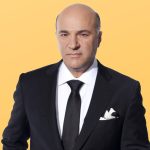 Money Expert
Money Expert 




